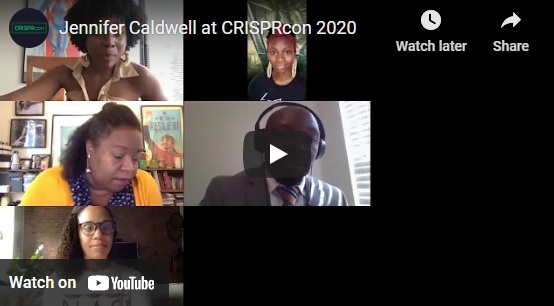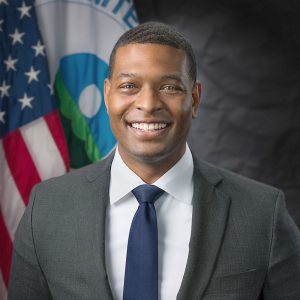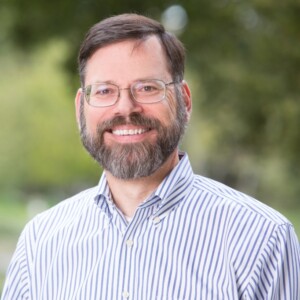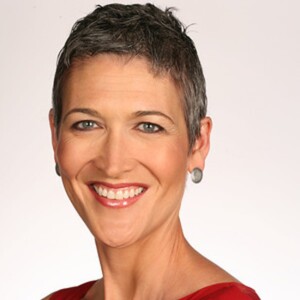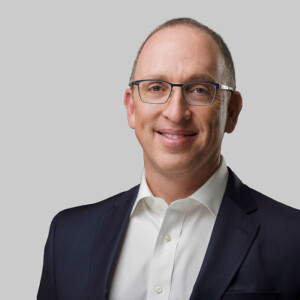Amplifying Black Perspectives in Pursuit of Improved Health Outcomes
Following up on its discussion on the relationship among race, gene editing, and COVID-19, CRISPRcon 2020 again partnered with Howard University for its fourth session Sept. 17, which examined models for innovating in responsible ways, using gene editing or other technologies, that amplify the voices of Black Americans to improve health outcomes.
“A lot of times we have seen technology advances in the absence of inclusivity and diversity. And we have a longstanding history of research being done on us – us being a non-European population and people of color—without us,” said Janina Jeff, senior bioinformatics scientist at Illumina and host of In Those Genes Podcast, who moderated the session.
“It’s very clear that for people who have been in economically marginalized, socially marginalized, tortured states and are sitting underneath the power structure, it is in their communities’ best interests to never forget the things that they’ve experienced,” said Latifa Jackson, adjunct assistant professor at Howard University. “African Americans are diverse both in their genomics and also diverse in their cultural perspectives to interactions with structures of power.”
“We have to move from the dialogue and deal with the structures and the systems, the environmental injustices and the poverty that comes along with these areas,” said Eric Kyere, assistant professor of social work and adjunct professor of Africana Studies at Indiana University, IUPUI in Indianapolis. “If all of these issues are not addressed and then we invent technology, [it] will not address a lot of these environmental issues.”
“We still rely on traditional medicine,” said Page. “How that looks today, though, you have a lot of people that want to go to the hospital because there are certain things traditional medicine can’t treat. So, we look at it like how can we balance out the two? But some of our experiences haven’t been so good.”
“Sampling bias creates false results so scientists aren’t able to move forward. And being Black is not a monolith,” said Jennifer Caldwell, doctoral student and graduate researcher at the W. Montague Cobb Research Lab. “You cannot go into our communities thinking that you can tell me, for example, about a paper about Arizona African Americans and think that responds to all of us because it doesn’t.”







 Login
Login